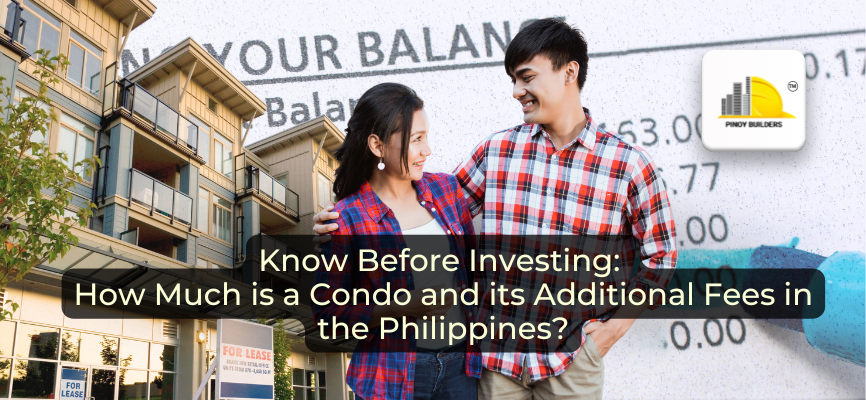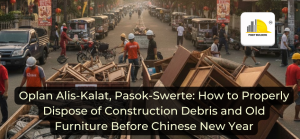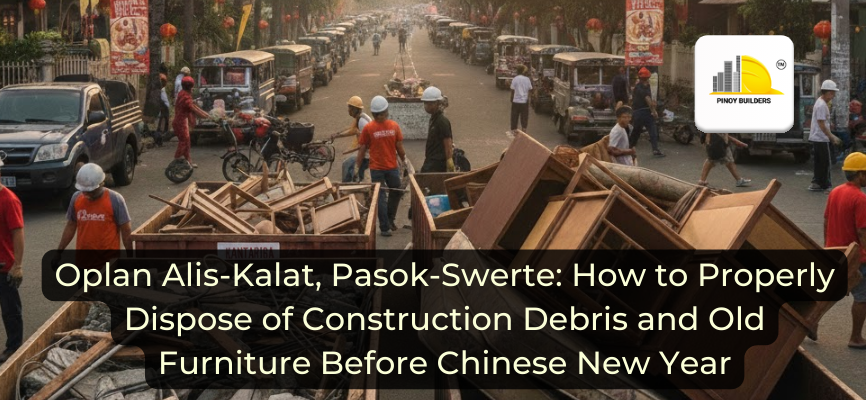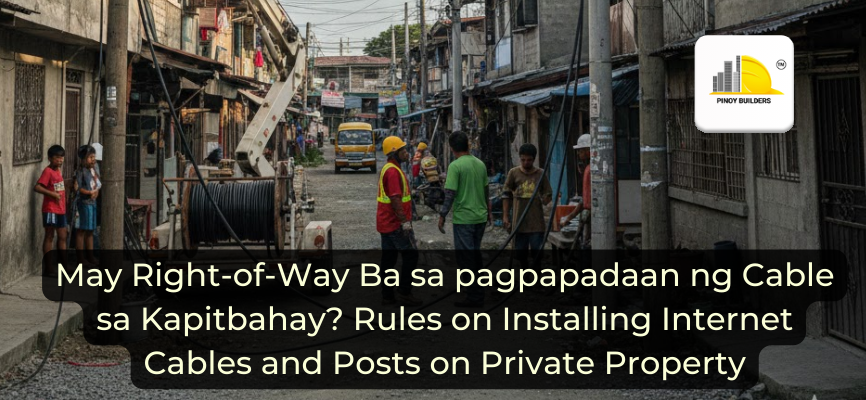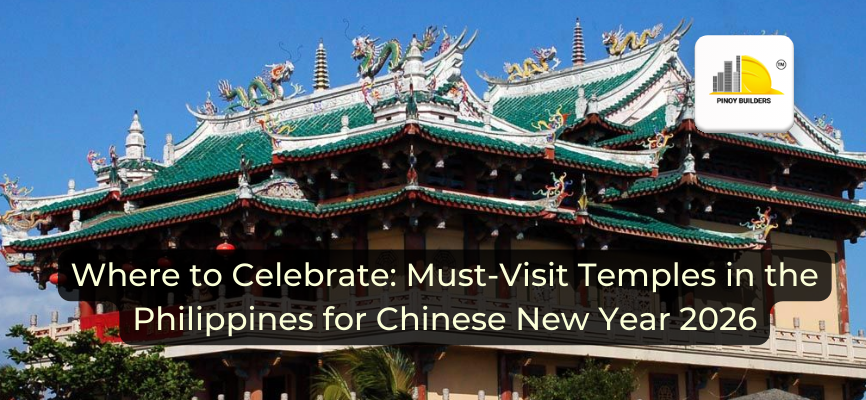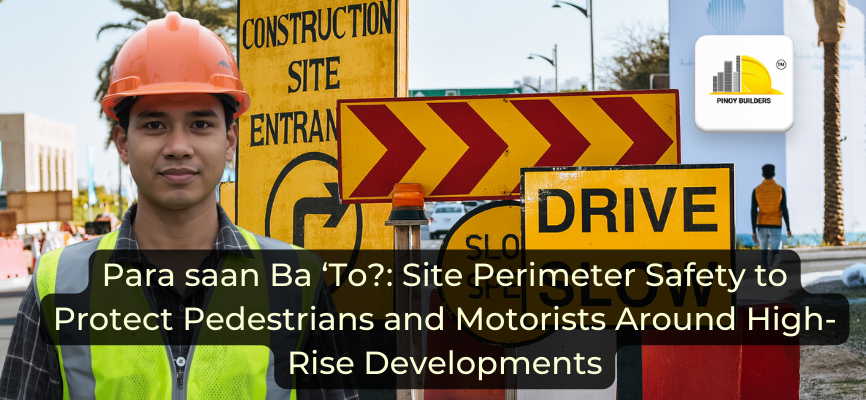In the Philippines, urbanization is increasing, leading to the emergence of high-rise residential buildings in urban areas, which have become a popular investment option for financially savvy Filipinos. Condominiums offer convenience and accessibility, making them an attractive housing option for future homeowners who want high-value properties with quick access to business districts, transportation, and lifestyle hubs.
Understanding the true cost of condo ownership is essential for those who want to make informed decisions before investing. In this article, we’ll break down everything you need to know about buying a condo in the Philippines—from the base price to other factors that can affect costs. With this information, you’ll be ready to make a well-informed choice for your future condo ownership.
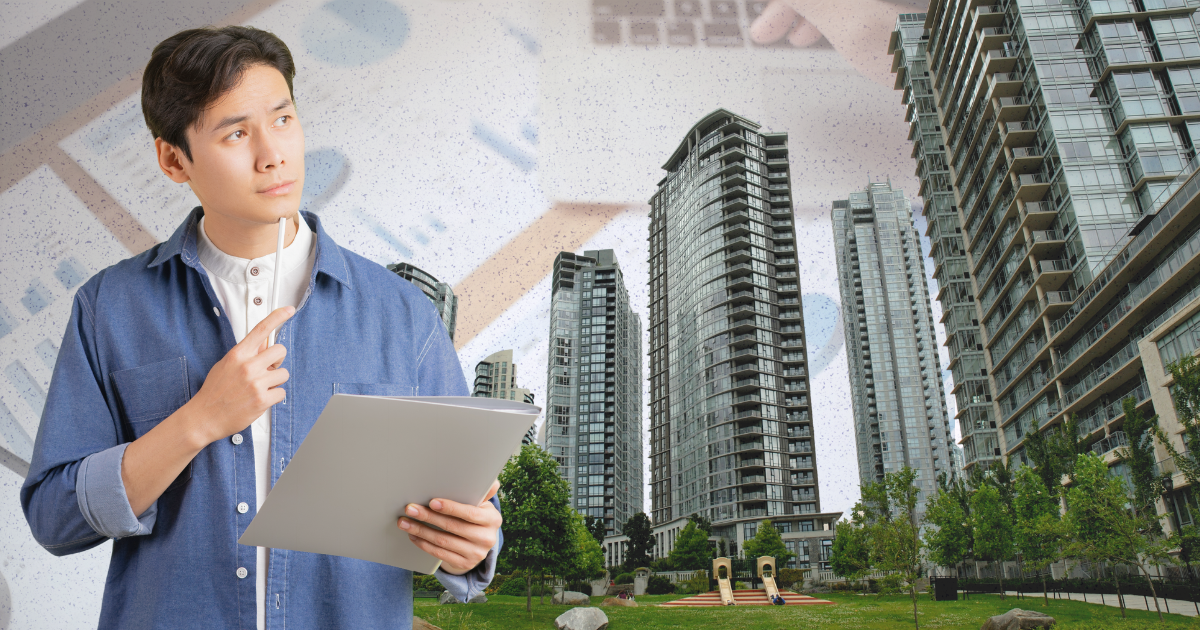
Factors Influencing Condo Prices in the Philippines
Before you set your eyes on a location, unit size, and specific features, you need to make sure that these attributes best fit your budget first. Being aware of these factors can help you anticipate long-term expenses, ensuring a sustainable financial commitment for your financial independence. Here are some of the major factors that influence condo prices in the Philippines.
1. Location (Including Floor Location)
The condo’s location within the city plays a major role in its price. Condos in prime areas like Makati or Bonifacio Global City (BGC) generally cost more due to their proximity to business districts, transportation, and lifestyle hubs. Additionally, units on higher floors often command a premium price due to their superior views and quieter living environments.
2. Size and Types of Units
The size and layout of a condo unit directly impact its price. Smaller studio units or one-bedroom condos are more affordable compared to larger two- or three-bedroom units. The specific layout—whether it’s a loft or a traditional apartment—also influences cost.
3. Amenities and Features
Due to the added convenience and lifestyle benefits, condominiums with amenities like swimming pools, gyms, lounges, and parks tend to command higher prices. Luxury amenities like spas, co-working spaces, and concierge services further increase a unit’s value.
4. Competition in the Area
The number of available condos in the area affects the price. In highly competitive markets with multiple developments, prices may stabilize or decrease due to more options. However, in areas with limited supply, prices are likely to be higher.
5. Establishments Surrounding the Building
The presence of nearby establishments such as shopping malls, schools, hospitals, and restaurants can make a condo more attractive and, in turn, raise its price. Potential buyers highly value the convenience that comes with being close to essential services and entertainment centers.
6. Parking Spaces
Particularly in urban areas with limited space, parking spaces can significantly increase the cost of condo ownership. Condominiums with dedicated parking spots typically charge extra for parking, and the availability of parking can also influence the price of the unit.
Average Condo Prices in the Philippines
Condo prices vary widely across the country. Prices are generally higher in Metro Manila. Here’s a general look at condo prices in different locations, including a spotlight on Amaia Skies Cubao:
- Budget-Friendly Options: In emerging areas, condo units can range from ₱2 million to ₱4 million, typically offering basic amenities.
- Luxury Options: In prime locations like Makati or BGC, prices can exceed ₱10 million, offering high-end amenities and proximity to business districts.
Amaia Skies Cubao, for example, offers:
- Studio units (around 18.68 to 18.97 sq. m.) priced from approximately ₱4.2 million to ₱4.3 million.
- One-bedroom units (32.56 to 33.5 sq.m.) with prices ranging from ₱6.4 million to ₱7 million.
Additional Fees Beyond Purchase Price
Owning a condo comes with several fees beyond the initial purchase price. Here’s a rundown of the additional costs you’ll need to consider:
- Association Dues: These monthly fees cover the maintenance, security, and shared amenities of the condo. Association dues vary depending on the unit size and the property’s amenities. Unfortunately, once you purchase a condo unit, it is typical to be considered an automatic member of the homeowners association; therefore, there really is no other option besides paying this fee, unless the management company allows you to abstain from being a member.
- Amilyar (Real Property Tax): In the Philippines, property tax is based on the property’s assessed value. This tax applies annually, so it’s important to budget for it to avoid unexpected expenses.
- Miscellaneous Fees: Additional fees such as transfer fees, notarial fees, and documentation fees can add up during the purchase process. Some condominiums also charge separate fees for parking spaces, utility connections, and shared realty taxes for land and common areas.
Practical Tips for Buying a Condo
Knowing practical tips for buying a condo helps you make a well-informed investment decision by considering both immediate costs and long-term financial commitments. It ensures that you select a reliable developer, assess the property’s potential value, and avoid unexpected expenses.
Here are a few tips to keep in mind to ensure a successful condo investment:
- Research the Developer and Property: Check the developer’s track record by researching previous projects and reading reviews. Visiting the property site, if possible, can help you assess its quality and location.
- Consider Pre-selling Units for Investment: Pre-selling condos are often sold at lower prices, which can result in significant savings. If the developer has a solid reputation, pre-selling units can also offer potential growth in value once the project is completed.
- Evaluate Long-term Financial Commitment: Owning a condo isn’t just about the purchase price. You’ll need to budget for monthly dues, annual property taxes, and occasional maintenance expenses. It’s crucial to evaluate your financial stability and ensure you can handle these costs long-term.
Be Informed Before You Buy

Investing in a condo requires understanding not only the purchase price but also the additional costs associated with ownership. From association dues and property taxes to miscellaneous fees, these expenses can add up, impacting your overall budget. Researching and planning carefully can help you make a well-informed decision that aligns with your financial goals.
References:
DMCI Leasing. (n.d.). Calculate the Cost: Condo Taxes and Fees You Should Be Aware of. DMCI Leasing. Retrieved November 11, 2024, from https://leasing.dmcihomes.com/blog/condo-tax-fees/
Mandani Bay. (n.d.). Cost of Living in Condos You Should Know. Mandani Bay. Retrieved November 11, 2024, from https://www.mandanibay.com/blog/cost-of-condo-living-fees-you-should-know/
Martin, M., & Arranz, G. (2021, August 30). What Affects The Price of a Condo? Federal Land. Retrieved November 11, 2024, from https://federalland.ph/articles/what-affects-the-price-of-a-condo/
Orman, S. (n.d.). Amaia Skies – Cubao – Ayala Amaia Properties. Ayala Amaia Properties. Retrieved November 11, 2024, from https://ayala-amaialand.com/index.php/property/amaia-skies-cubao/
Yap, H. L. (2022, February 18). The hidden costs of buying and selling property – Property Report. Property Report PH. Retrieved November 11, 2024, from https://propertyreport.ph/news-and-events/2022/02/18/24563/the-hidden-costs-of-buying-and-selling-property/


